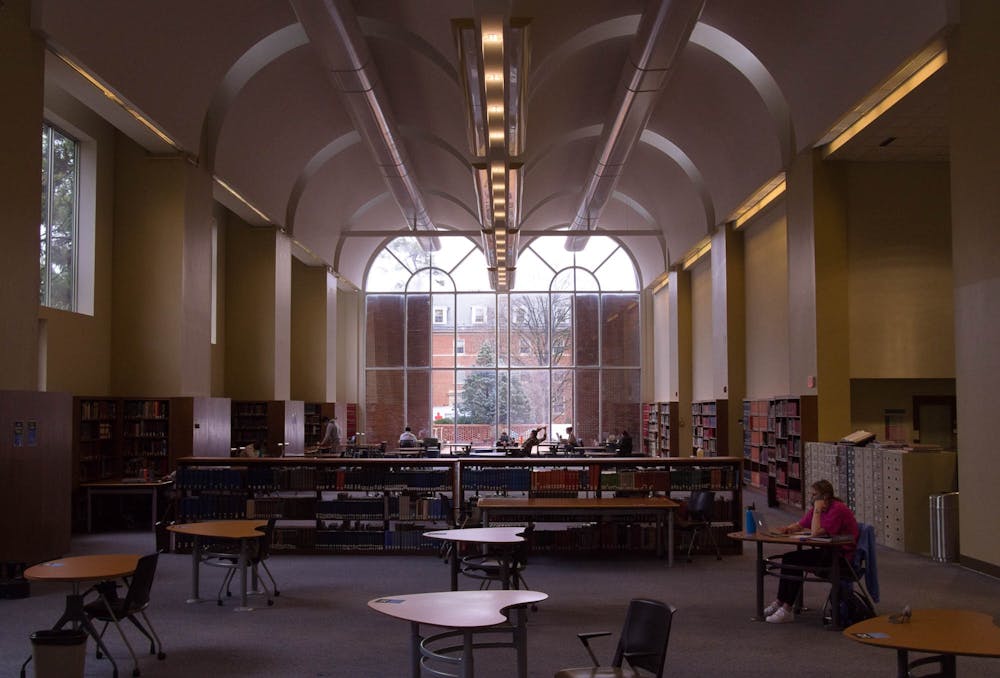In the first week of spring classes, 95 UNC-Chapel Hill students and employees tested positive for COVID-19 through the Carolina Together Testing Program — 40 fewer than in last semester's FWOC — as the University ramped up testing and began classes remotely.
But with a positivity rate of less than 1 percent, compared to last semester's 10 percent, campus leaders say they hope the mandatory testing program and other policy changes will keep students in class, on-campus and safe.
Kira Griffith, a senior neuroscience major and the president of the Residence Hall Association, said one key difference between the spring and fall semesters has been the impact of formalizing student input.
She and other student leaders, who advised University administrators in an unofficial capacity in preparation for the fall, were invited by Chancellor Kevin Guskiewicz to join the Campus and Community Advisory Committee in order to give formal student input for spring reopening plans.
“One of the big things that me and other student leaders went into the committee thinking about was testing,” Griffith said. “How do we create a robust testing program so that we don't repeat the same mistakes that were made in the fall, when we had multiple clusters?”
Dr. Amir Barzin, working alongside Reese Innovation Lab Chief Innovation Officer Steven King and with his team’s HallPass web app, developed the mandatory testing program meant to answer that call.
In the two weeks since Carolina Housing move-in began on Jan. 13, 13,009 COVID-19 tests have been performed in Campus Health and Carolina Together testing facilities — compared to just 1,737 at the same point in the semester last fall.
Barzin, who primarily serves as a professor in UNC’s Department of Family Medicine, was not involved in planning for the fall semester. But he said that, when called upon by University leaders to develop a testing program, he gained insight by communicating with the leaders of other college testing programs, including those at Cornell University, Duke University and Purdue University.
“When we started the fall semester, we were trying to learn a lot about COVID,” Barzin said. “What we had the opportunity to do in retrospect, as the semester was going on, the fall semester, was to look at best practices as to what was happening across the country at other colleges and universities.”




